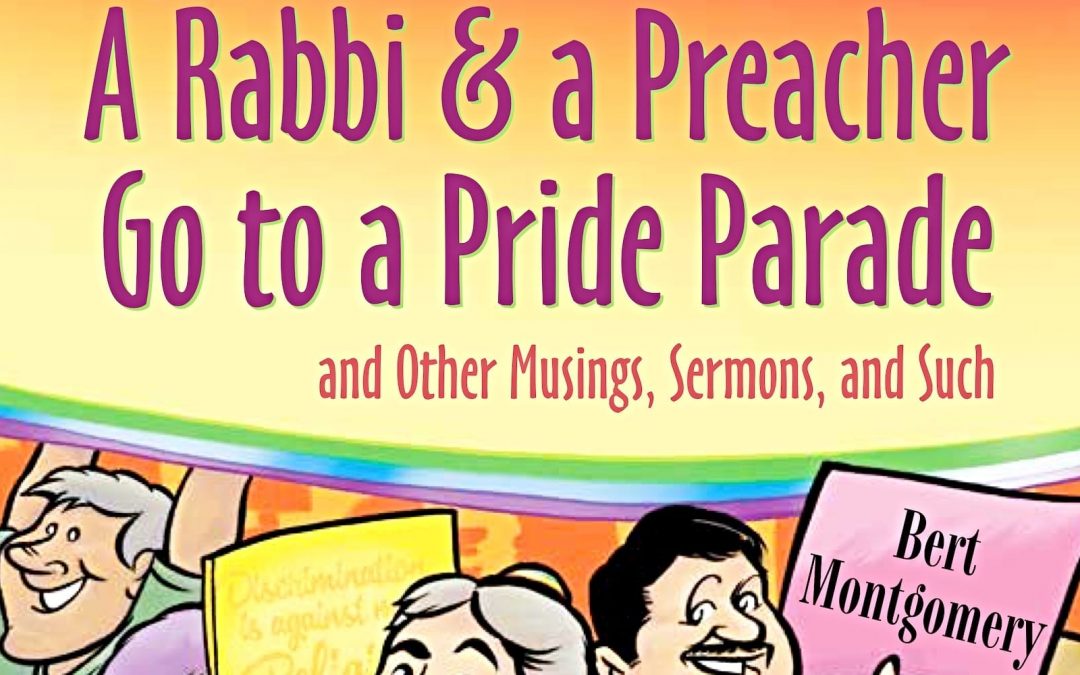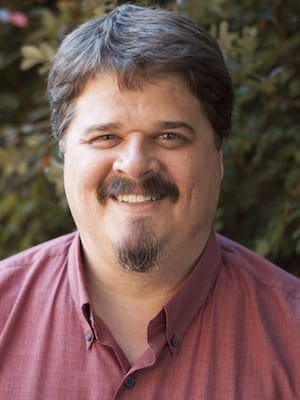“Love the sinner, hate the sin.”
We can repeat it faster than we can recite John 3:16, Romans 6:23 or Psalm 137:9.
The problem is, Jesus did not say it. The Apostle Paul did not write it in any of his letters. Moses did not carve it into the tablets. King David did not sing it while playing his lyre.
“Love the sinner, hate the sin” is not a Bible verse. Some have suggested that an early form of the phrase can be found with St. Augustine of Hippo, well over 300 years after the time of Jesus.
To be fair, whatever the origin of the post-biblical phrase, it obviously draws upon several sentiments scattered throughout our Scriptures.
Some are about God’s wrath in response to sin. Some are about Jesus’ love for people.
Over time in our church history, the phrase eventually evolved into being a neatly packaged quip ready for quick and easy use.
It is like opening a package of instant oatmeal or preparing a cup of instant coffee; here, though, we have instant judgment.
Yes, of course, I love you, but … And off we go on the judgment train.
We even consider the saying more authoritative than what Jesus actually does say in the Bible (things like not judging others, for instance).
The trouble with “love the sinner, hate the sin” is that the second part always gets in the way of the first part.
The second part grants us license to judge others, to hold something against someone else.
When I say it, I am saying something about you blocks my ability to love you as God loves you; something about you marks you as less than, as undeserving, as not being good enough for my unconditional love.
I will love you, but only so far, only with some conditions; there are limits. I am unable to see beyond what I consider your faults. I am unwilling to see you as anything more than what I do not like about you.
No, I will not love you as God loves you, nor even as God loves me.
Something Jesus does say is, “Stop judging! Just stop it! If you love judgment so much, then you’ll be the one that gets judged. Whatever standard you use to judge someone else, God will use to judge you!” (My paraphrase of Matthew 7:1-2 and Luke 6:37-38).
In the Gospels according to Matthew and Luke, Jesus says we should pay attention to the big oak tree growing in our own eyes and distorting our vision.
We get all worked up about something that looks like a speck in someone else’s eye, but, truthfully, we can’t see much of anything with all that timber sticking out over our noses and blocking our view.
If we could see perfectly and without any obstruction, if we could remove the log in our own eyes, we might discover that what we thought was a horrible speck of dirt in another’s eye in need of removal was really just a benign eye freckle.
Once, while meeting with a few people regarding my insistence upon the full inclusion of LGBTQ persons in the church, a “love the sinner, hate the sin” devotee said that whenever he saw a homosexual, all he could think about was the ways that man must be having sinful, gay sex, and it repulsed him.
I asked the acquaintance if he looked at all straight couples the same way, immediately imagining them being sexually intimate with one another.
Does he think the only thing anyone sees of him is what he and his wife might or might not be doing in their bedroom?
Loving relationships, whether gay or straight, are so much more than mere sexual acts.
If he is convinced the church must be concerned with what two loving adults are doing in their bedroom, he should be willing to start with private details of his marriage and personal sexual history.
We all agreed this was none of our business, and we didn’t want to know. Neither, then, is it any of our business to imagine (then announce our disgust about) what any other consenting, loving adults are doing.
If we can’t let go of those images and instead see persons bearing the image of God, perhaps we need to repent and, yes, probably get some therapy.
Editor’s note: This article is an excerpt from Montgomery’s upcoming book, “A Rabbi and a Preacher Go to a Pride Parade,” coming later this spring from Smyth & Helwys Publishing.
Pastor of University Baptist Church in Starkville, Mississippi, and the author of five books, including A Rabbi & a Preacher Go to a Pride Parade.


